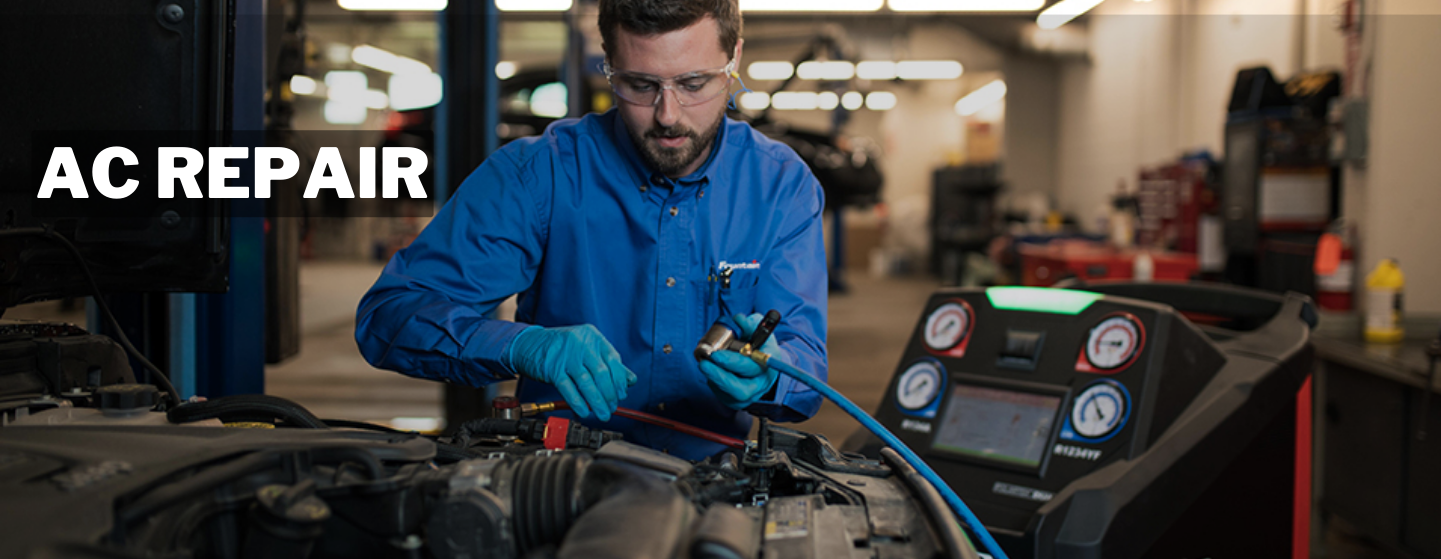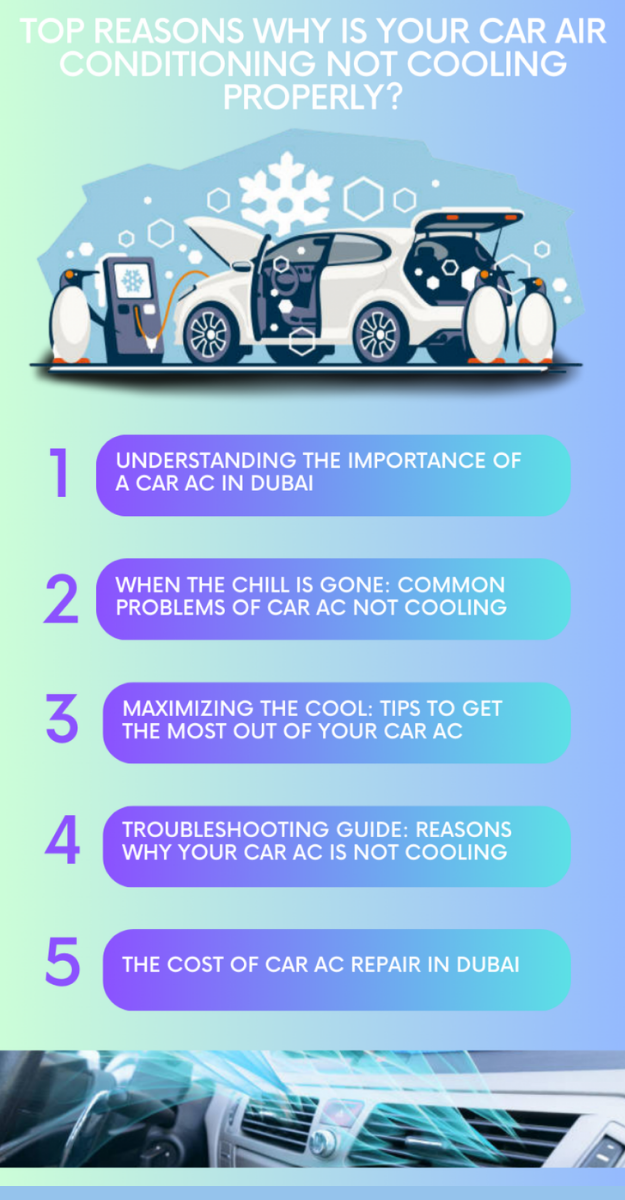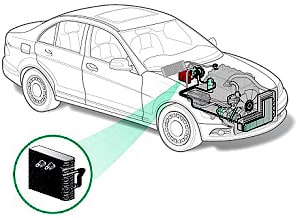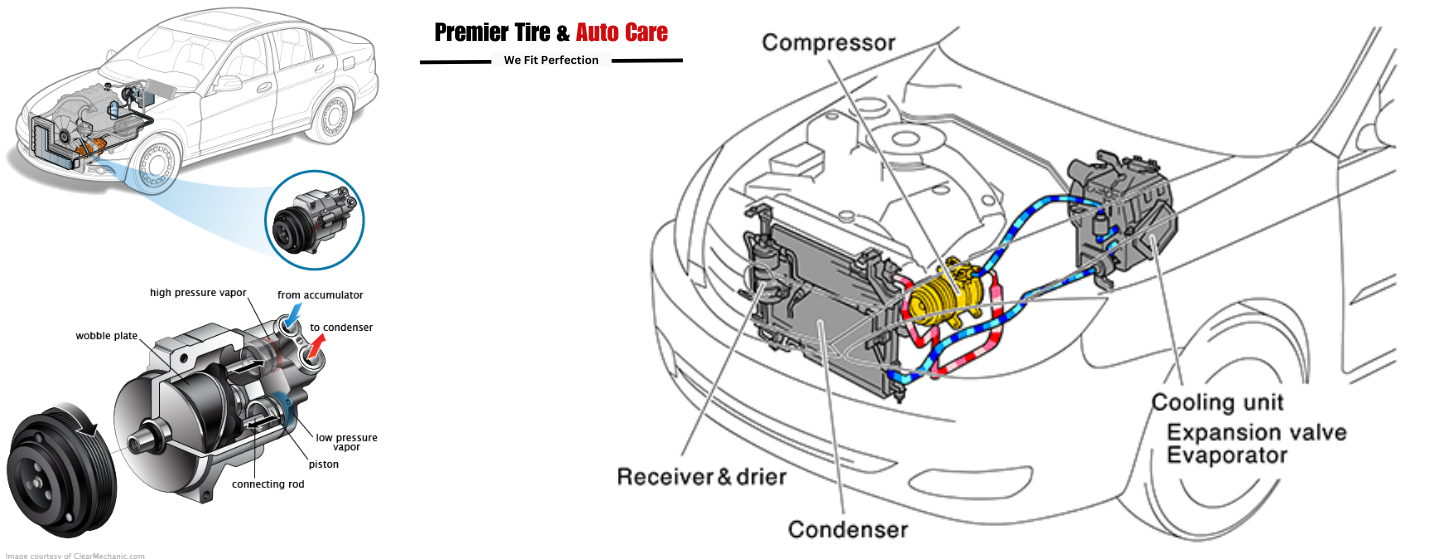
Ac Repair
Car AC repairs refer to the maintenance or fixing of the air conditioning system in a vehicle. This involves diagnosing and addressing any issues or malfunctions that may be preventing the AC from working properly. Common AC problems include refrigerant leaks, compressor failures, condenser issues, and electrical faults. Repairing the car AC typically involves a combination of troubleshooting, replacing faulty components, recharging refrigerant, and testing the system to ensure it functions correctly. Proper maintenance and timely repairs are essential to keep the car’s AC system working efficiently, especially during hot weather conditions.


Car AC repairs involve a thorough process of diagnosing, identifying, and addressing issues within the vehicle’s air conditioning system to restore its proper function. Here’s a detailed explanation of each step involved:
1. Initial Inspection: The repair process begins with a comprehensive inspection of the car’s AC system. This may include checking for visible signs of damage, listening for unusual noises, and assessing the overall performance of the system.
2. Diagnosis: After the initial inspection, the technician will use diagnostic tools and equipment to pinpoint the specific problem(s) with the AC system. This may involve testing the compressor, checking for refrigerant leaks, inspecting electrical connections, and evaluating the condition of components such as the evaporator and condenser.
3. Identifying Issues: Based on the diagnosis, the technician will identify the underlying issues causing the AC malfunction. Common problems include refrigerant leaks, compressor failures, clogged or damaged components, electrical faults, and malfunctioning sensors.
4. Repair Plan: Once the issues are identified, the technician will develop a repair plan outlining the necessary steps to fix the AC system. This may involve replacing damaged or worn-out components, repairing leaks, flushing the system to remove contaminants, and addressing any electrical or wiring issues.
5. Component Replacement: Depending on the nature of the problem, certain components of the AC system may need to be replaced. This could include the compressor, condenser, evaporator, expansion valve, receiver-dryer, or hoses. The technician will use high-quality replacement parts to ensure durability and proper function.
6. Refrigerant Recharge: If the AC system is low on refrigerant due to leaks or evaporation, the technician will recharge the system with the appropriate type and amount of refrigerant. This helps restore proper cooling performance and efficiency.
7. Testing and Verification: After completing the repairs, the technician will thoroughly test the AC system to ensure that it is functioning correctly. This may involve running diagnostic tests, checking temperature output, inspecting for leaks, and verifying proper airflow.
8. Final Inspection and Quality Assurance: Once the testing is complete and the AC system is deemed to be in proper working condition, a final inspection is conducted to verify that all repairs have been completed to a high standard. Quality assurance measures are taken to ensure customer satisfaction and long-term reliability.
Overall, car AC repairs require expertise, specialized equipment, and attention to detail to effectively diagnose and fix issues within the system. Proper maintenance and timely repairs are essential for keeping the AC system running efficiently and providing comfort during driving.
How to Save Car AC From Repair!
To prevent car AC repairs, it’s important to take proactive steps. Regular maintenance is crucial, including checking for leaks and ensuring proper refrigerant levels. Keep the AC system running regularly to prevent seals from drying out, and maintain a clean cabin to avoid debris buildup. Park your car in shaded areas to reduce sun exposure, and adhere to the manufacturer’s recommendations for replacing cabin air filters. Use the AC system moderately to avoid strain, and address any issues promptly to prevent further damage. Additionally, consider scheduling annual professional inspections to catch potential problems early. These measures can help prolong the life of your car’s AC system and reduce repair costs.

